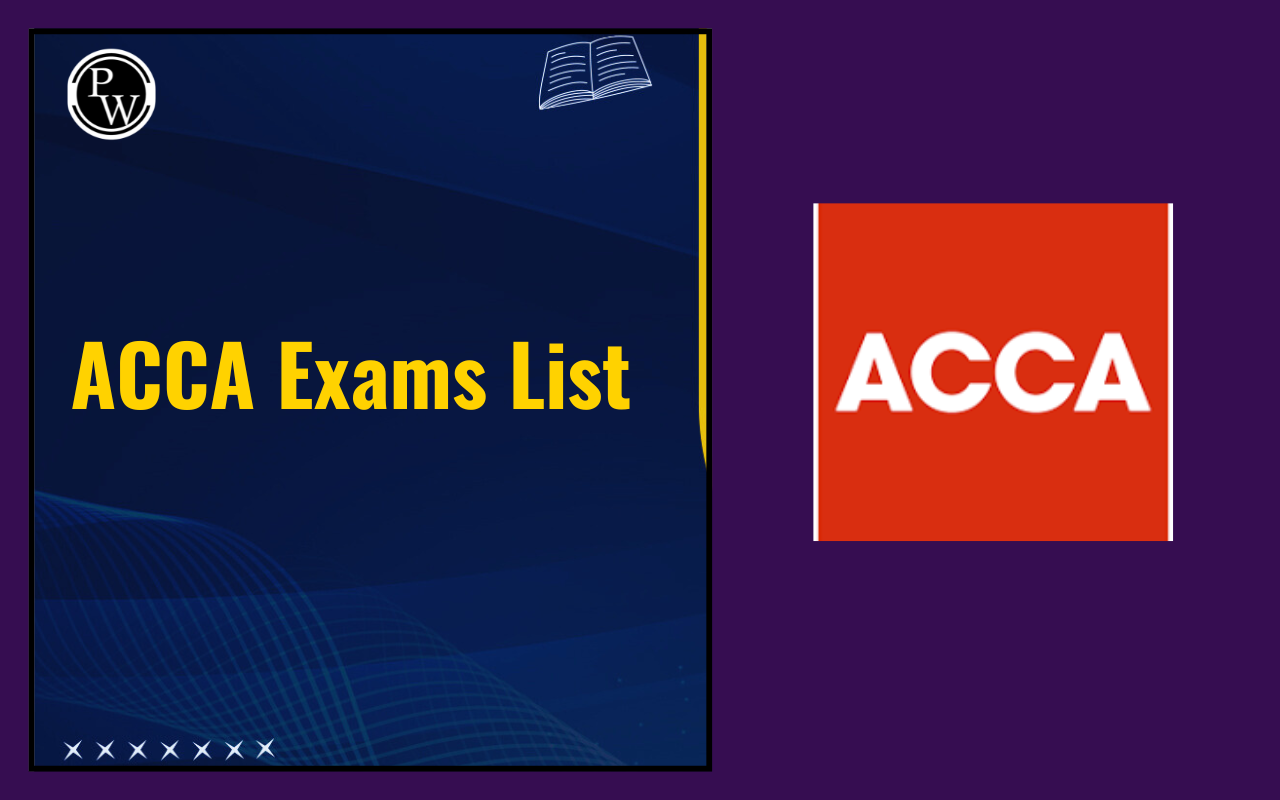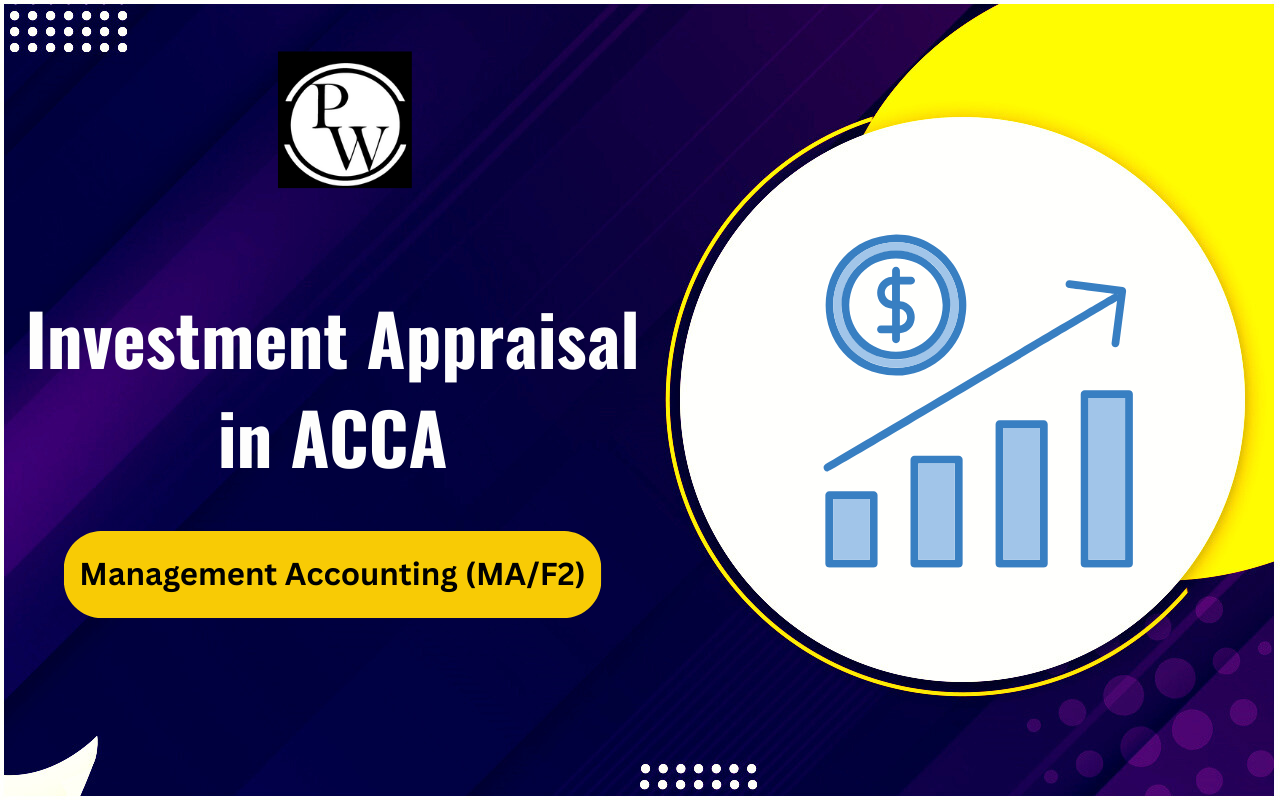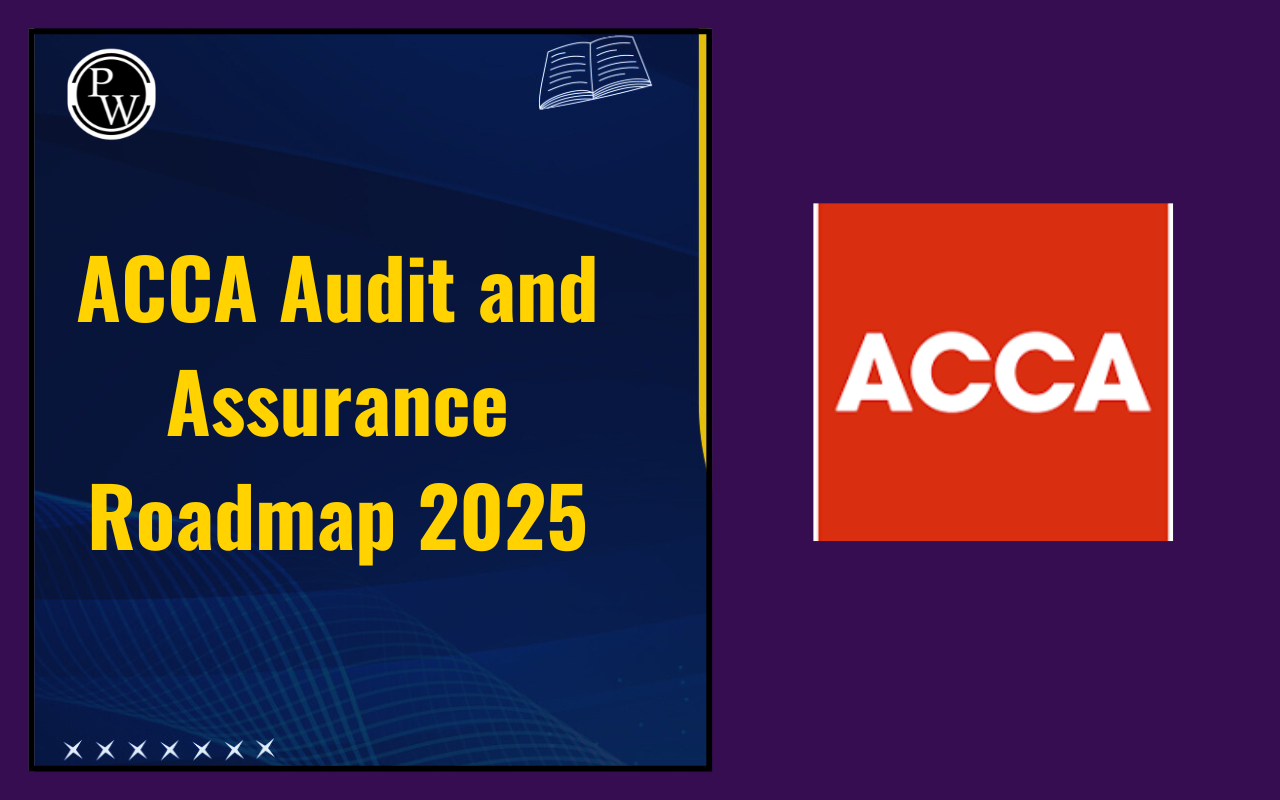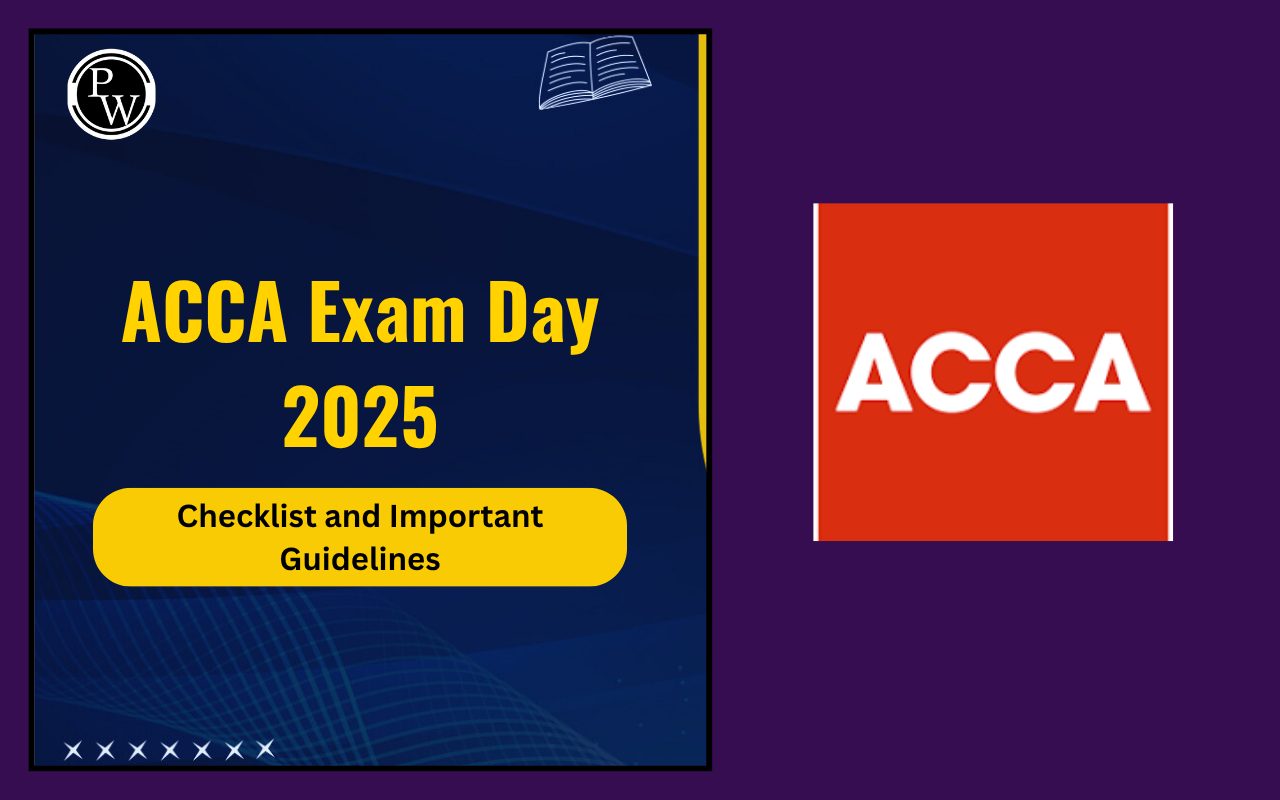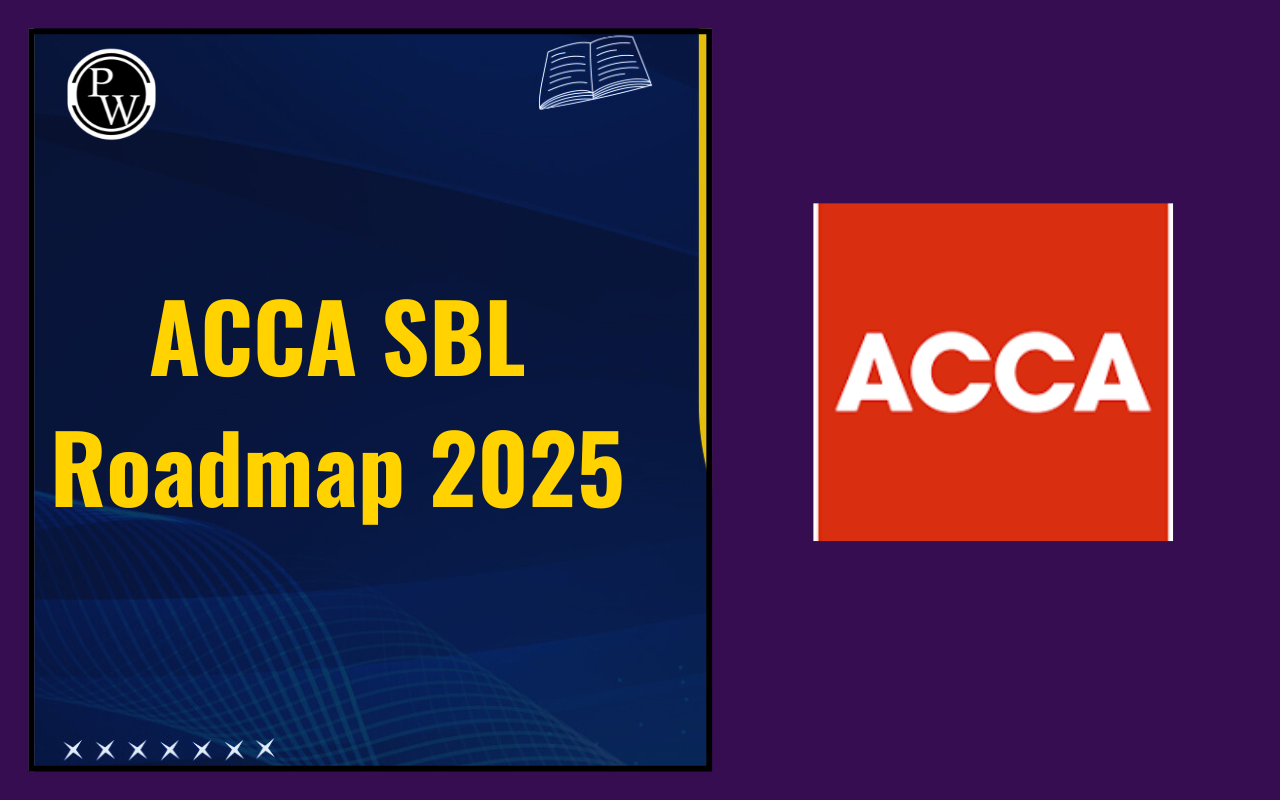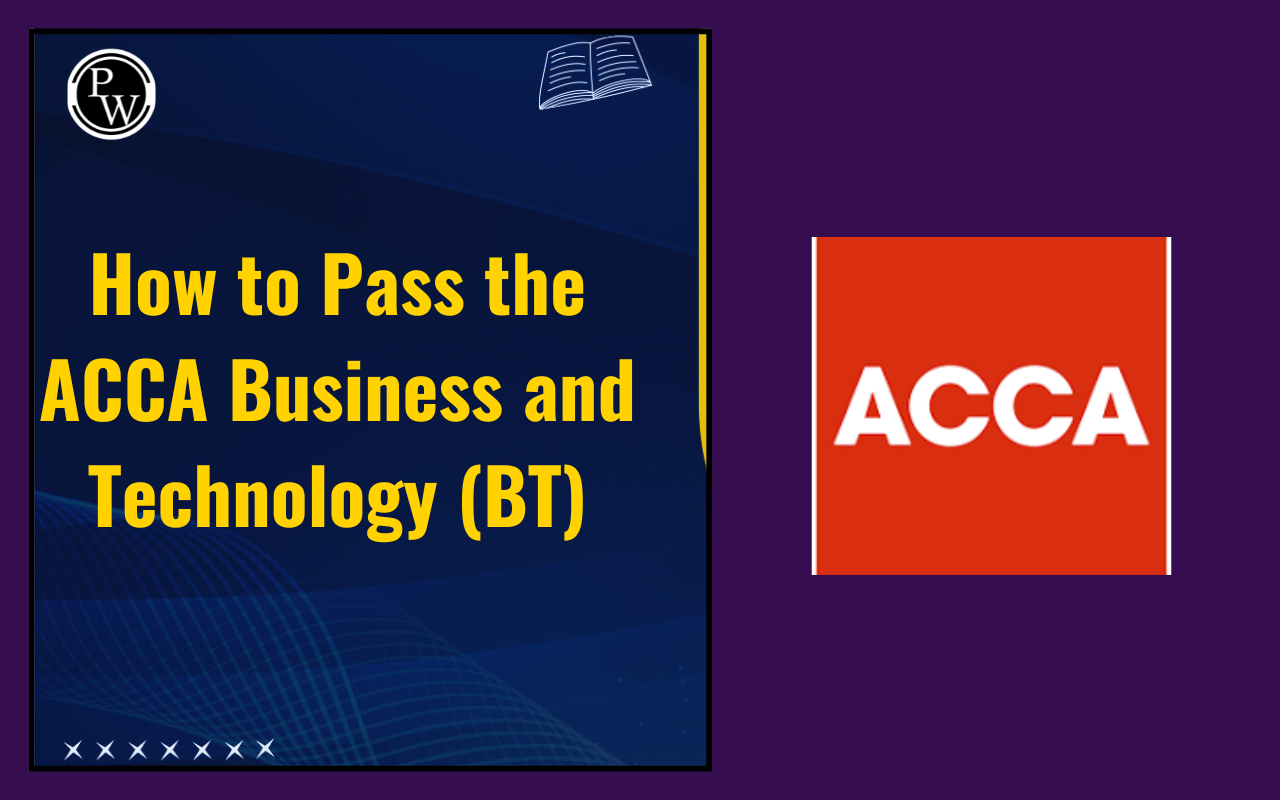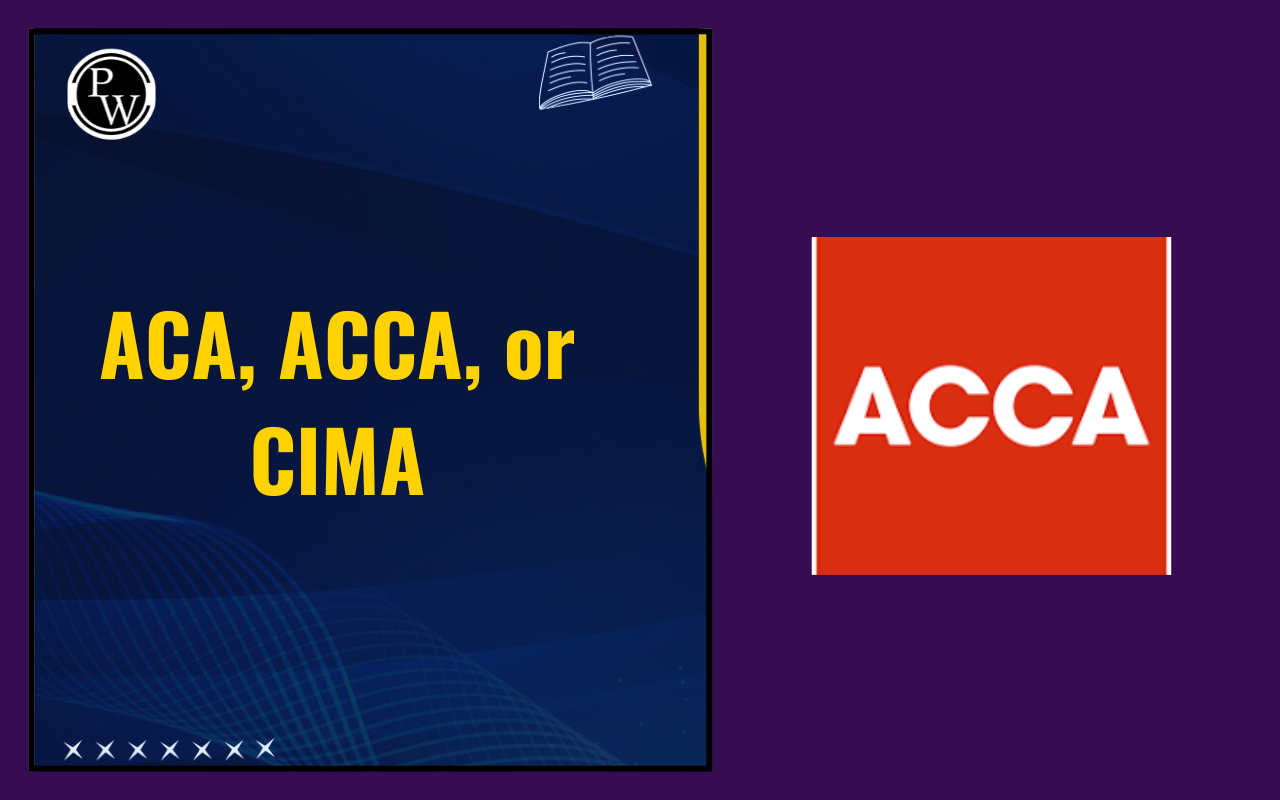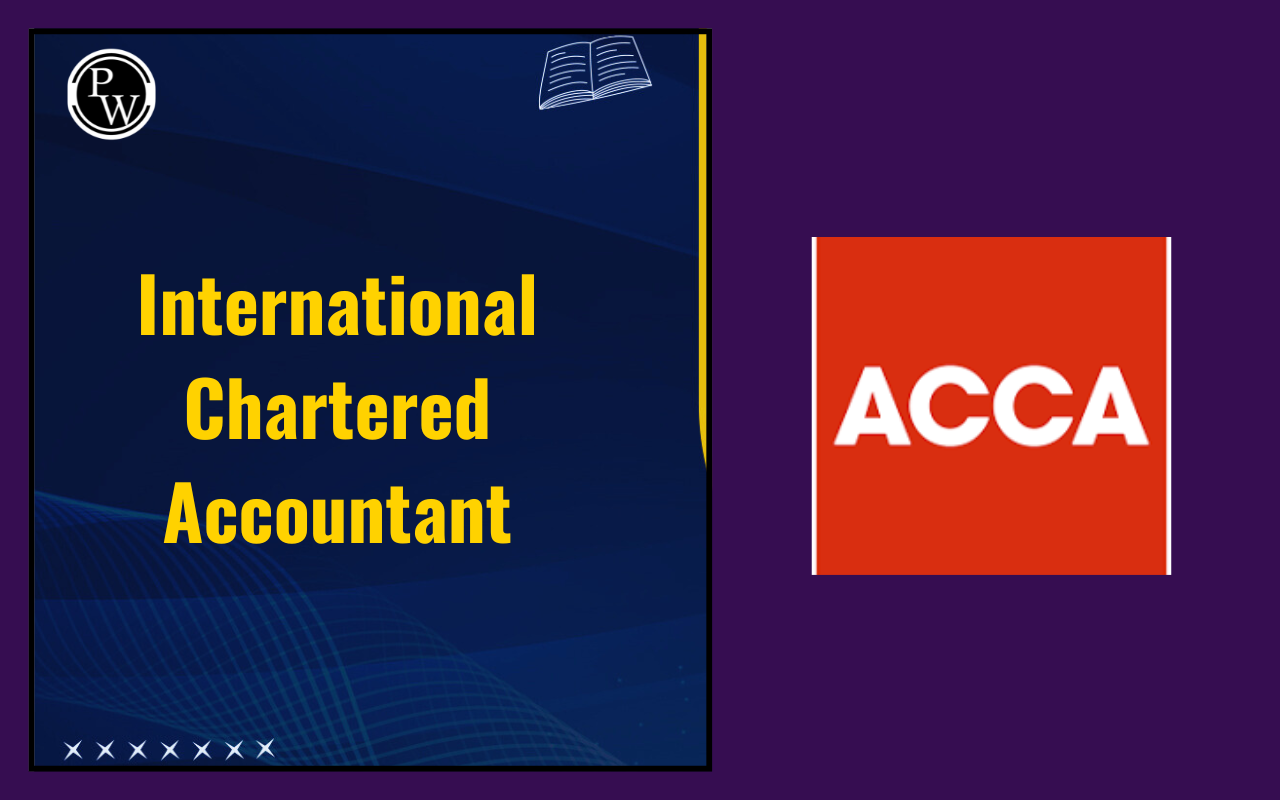
ACCA Financial Reporting is a crucial step for ACCA students who aim to excel in their exams and become skilled professionals in financial reporting. This subject equips you with the knowledge to apply accounting standards, prepare financial statements, and interpret them effectively.
Many students find this subject challenging, but with the right strategy and dedication, success is within reach. Here, we will explore everything you need to know about mastering ACCA Financial Reporting, from understanding the syllabus to tackling the exam efficiently.
ACCA Financial Reporting
ACCA Financial Reporting focuses on the principles and techniques required to apply International Financial Reporting Standards (IFRS) and the conceptual framework in preparing financial statements. It also teaches students how to analyze and interpret financial information, which is essential for decision-making in the corporate world.
The ACCA Financial Reporting syllabus includes:
-
Understanding the regulatory framework of financial reporting
-
Applying IFRS in financial statement preparation
-
Preparing consolidated financial statements
-
Interpreting financial statements using ratios and other analytical tools
-
Ethical considerations in financial reporting
Many students make the mistake of focusing only on calculations, but to excel, you must also develop a deep understanding of accounting principles and the reasoning behind financial standards.
Steps to Success in ACCA Financial Reporting
To succeed in ACCA Financial Reporting, you need a well-structured study plan and consistent practice. Focus on understanding the entire ACCA Syllabus, mastering IFRS applications, and practicing under exam conditions. Applying theoretical knowledge to practical scenarios will help you retain concepts effectively and improve your problem-solving skills.
Cover the Entire Syllabus
Many students fail ACCA Financial Reporting because they focus only on certain topics. The examiners test a broad range of areas, so skipping topics can be risky. Make sure to study the entire syllabus to be well-prepared for any question that may appear in the exam.
Understand Theories and Techniques
ACCA Financial Reporting is not just about solving calculations; it requires a deep understanding of accounting principles and frameworks. Focus on grasping concepts such as:
-
The importance of accrual accounting
-
The application of IFRS in different scenarios
-
How financial statements reflect a company’s financial health
Having a strong conceptual foundation will help you handle complex exam questions effectively.
Practice Exam-Style Questions
Practicing past papers and exam-style questions is essential for mastering ACCA Financial Reporting. Aim to complete questions under timed conditions to develop your speed and accuracy. This practice will also help you identify weak areas that need further revision.
Attempt Full Mock Exams
Before the actual exam, attempt at least two full-length mock exams under exam conditions. After completing them, analyze your answers, identify mistakes, and work on improving your weaker areas. This strategy will boost your confidence and help you manage time effectively during the real exam.
Also Check: How to Prepare for ACCA Business and Technology (BT)?
Tackling the ACCA Financial Reporting Exam
The ACCA Financial Reporting exam consists of three sections:
Section A: Objective Test Questions (30 Marks)
This section contains 15 objective test (OT) questions, each worth 2 marks. These questions assess various areas of the syllabus and require a strong understanding of concepts and calculations.
The following are some tips for answering the ACCA FR OT questions:
-
Read each question carefully before selecting an answer.
-
Pay attention to rounding instructions in "Fill in the Blank" questions.
-
Answer all questions, even if you are unsure. There is no negative marking.
Section B: Case-Based OT Questions (30 Marks)
Section B consists of three case scenarios, each with five OT questions worth 2 marks per question. These cases require analytical skills and a deeper understanding of financial reporting principles.
The following are some tips for answering the ACCA FR Case based OT questions:
-
Carefully analyze the given scenario before attempting the questions.
-
Identify key information that relates to the accounting principles being tested.
-
Use logical reasoning to eliminate incorrect answer choices.
Section C: Constructed Response Questions (40 Marks)
This section has two scenario-based questions that test your ability to apply accounting standards in real-world situations. Each question requires a structured response with calculations and explanations.
The following are some tips for answering the ACCA FR constructed response questions:
-
Allocate 36 minutes to each question to manage your time effectively.
-
Read the requirements first before analyzing the scenario.
-
Show all workings in calculations – do not just present final answers.
-
Structure your narrative responses clearly with headings and well-explained points.
-
Always conclude your analysis with a summary of key points.
| Also Check: |
| How to Approach ACCA Case Study Questions? |
| Trending in Demand Skills for ACCA Certification in 2025 |
| Benefits of Getting an ACCA Certification |
| Job Opportunities for ACCA Freshers in India |
ACCA Financial Reporting FAQs
What is the best way to prepare for ACCA Financial Reporting?
How much time should I allocate to each section of the ACCA Financial Reporting exam?
What are the most challenging topics in ACCA Financial Reporting?
Is it possible to pass ACCA Financial Reporting on the first attempt?

